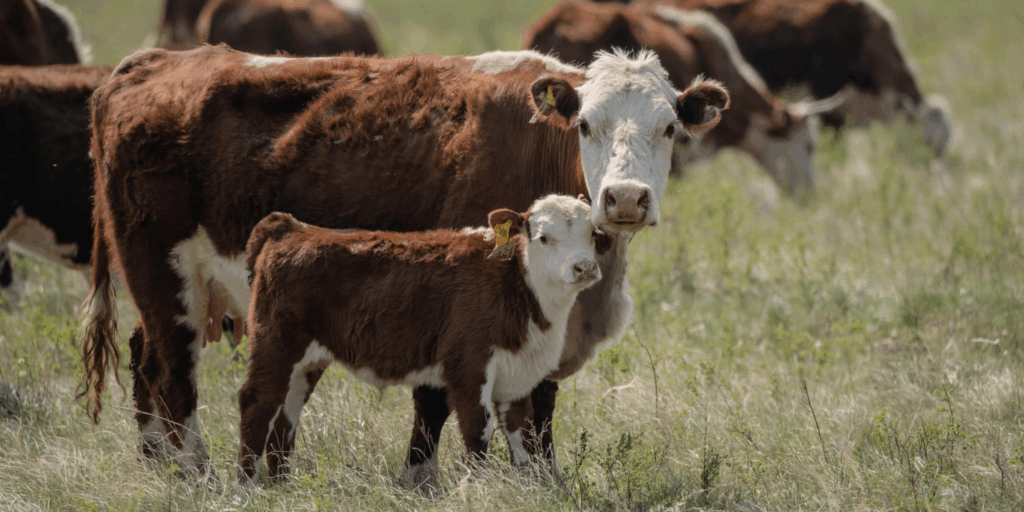In a major step towards modernising its agricultural sector, Kazakhstan plans to tag up to 90 % of its livestock with RFID technology by the year 2028. The announcement was made by the Deputy Prime Minister and Minister of Artificial Intelligence and Digital Development, Zhaslan Madiyev, during the 11th session of the Parliamentary Commission on Monitoring the Implementation of the National Sustainable Development Goals.

This initiative forms part of a broader digitalisation agenda for the agro-industrial complex. The government aims not only to tag livestock but also to deploy digital tools across at least half of the agricultural land, which is expected to improve yields by 20-25 % and reduce losses from droughts and pests through predictive analytics.
This ambitious target reflects Kazakhstan’s drive to enhance food security, improve traceability in the livestock sector and align with its sustainable development goals. Tagging livestock with RFID chips and applying artificial intelligence to monitor movement, health and productivity marks a shift from traditional pastoral practices to more data-driven farming.
For farmers and the agritech sector, this opens new opportunities for efficiency gains. RFID tagging enables faster identification of animals, better records of their health and movement history and improved ability to respond to disease outbreaks. Analysts note that RFID systems are increasingly used around the world in livestock management to track inventory, monitor health and support regulatory compliance.
Implementation challenges
Despite the promise, several challenges will need addressing. Deploying RFID tags at scale across vast herds and remote pasture lands poses logistical and cost hurdles. Training farm workers, ensuring tag durability under harsh conditions and integrating data streams into a national digital ecosystem will require coordination and investment.
The success of the initiative depends on effective infrastructure for data collection, connectivity and system interoperability. Ensuring that tagged animals are captured in the system and that data is valid, secure and usable will be key.
Kazakhstan’s livestock sector is a significant part of its agricultural economy and holds potential for export growth. According to the World Bank, Kazakhstan has major unused resources in its livestock and pasture lands and the government is already moving to build sustainable beef production and strengthen veterinary services.
The RFID tagging initiative therefore complements these broader efforts. Combined with digital agriculture across large tracts of land, it signals a transition to what might be described as “smart pasture” operations, blending traditional grazing with modern data tracking and management.
Looking ahead
By 2028, when the target implementation date arrives, Kazakhstan hopes to have transformed its livestock sector’s transparency, agility and resilience. If successful, the RFID tagging programme could serve as a model for other countries in Central Asia and beyond looking to modernise livestock management and improve food-system traceability.
